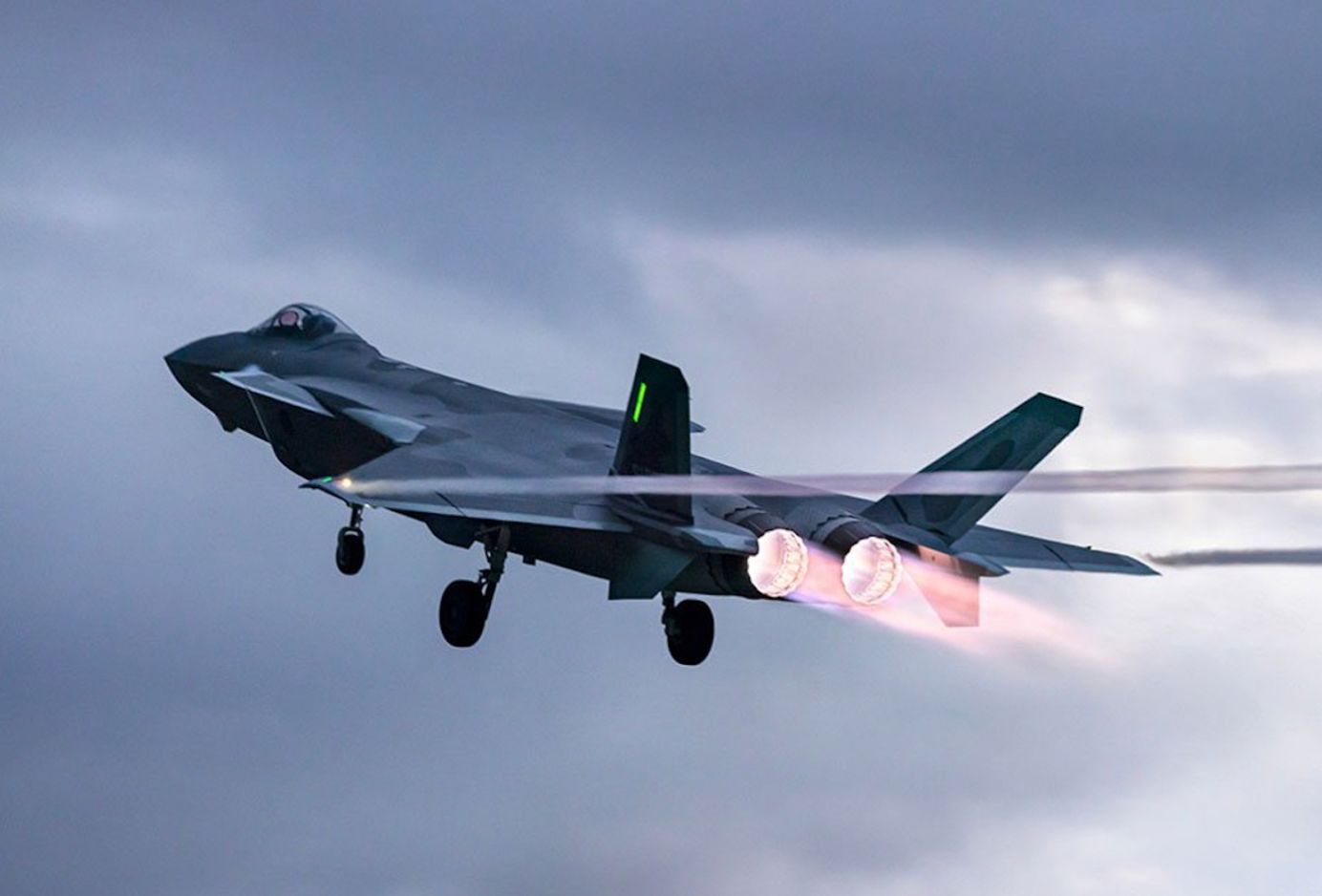A Chinese media report claims that in the India-China border war of 1962, around 3,968 Indian soldiers and officers captured “enjoyed extra-standard humane treatment” during their stay in the country.
Has Balochistan Toppled Kashmir To Emerge As The Most Dangerous Place In South Asia?
As per historian and journalist Claude Arpi, the record of the debriefing of the POWs when they returned to India was never made public, hence leaving a little room for clarification on an important aspect of the war. Arpi has termed the experience of Indian POWs in Tibet as harrowing.
On the contrary, a report in China Military Online quoting Xinmin News Net makes tall claims about treating Indian soldiers and officers well when the Indian government under Prime Minister Jawaharlal Nehru had speculated that Indian troops would “end up beheaded or as coolies” like those “captured by the Japanese military in World War II”.
Fearing for their lives, the Indian soldiers had surrendered with folded hands but only to discover that the “Chinese were not demons”, they did not tie them up, or insulted them; rather offered the captured soldiers biscuits and water, says the report.
Since the POWs enjoyed the liberty to participate in cultural and sports activities, such as playing basketball, listening to the radio, and watching movies, and contacting their families; the report states that “compared with the requirements of the Geneva Convention, Indian POWs enjoyed extra-standard humane treatment”.
China Admits “Brainwashing” Indian Troops
Historian and journalist Arpi has written that POWs have termed brainwashing by Chinese Communist propaganda as the worst part of their captivity. They recalled countering China’s political propaganda whenever their officers came for “friendly chats”.
The report in China Military Online inadvertently admits such practices having being undertaken by the PLA under the garb of “imparting correct ideological education to help them understand the territorial issues along the China-India border”.
While some of the Indian army personnel were sent on visits to Chinese cities such as Beijing, Wuhan, Nanjing, Shanghai, and Hangzhou, some senior officers were given the chance to watch May Day celebrations as part of the good treatment by the PLA.
The report asserts having made a shift in the hierarchical mindset in the Indian army, which was inherited from the country’s colonial past. It says that both captive Indian officers and soldiers were given equal treatment, and the PLA cadres had set up an example for this by undertaking menial jobs.
Witnessing such equal treatment and the absence of hierarchy in the PLA, the thinking of Indian military officers changed, says the report, while quoting an incident where PLA captain had delivered medicine to sick Indian POW and seeing this, he admitted how in India officers and soldiers had separate washrooms.
Indian Army Personnel Did Not Want to Leave
Among its many other exaggerated assertions, the report says that released Indian POWs sent thank-you letters, handkerchief embroidered with “Forget me not” and some even insisted on “sending the ancestral rings or bracelets as souvenirs”.
The PLA troops were presented garlands made of folded paper money as departing gifts, it says.
They left with tears in their eyes, said they did not want to leave but yet left with Chinese souvenirs and books and shouted “the Chinese and Indian people are brothers”, the report states.
This is not the first time that the reports of PLA’s special treatment towards Indian POWs has come out.
A Hindustan Times report had cited a British report article which had said that of the 3,900 POWs, 700 Gorkha POWs were singled out for different or better treatment. Gorkhas are soldiers of Nepalese nationality, recruited by the Indian army among British and Nepalese.
As per the testimony of an ex-prisoner (a Gorkha) to Guy Clark, the British ambassador to Nepal, they were well-treated, given “a short pep talk” on the virtues of communism, told Chinese and Nepalese were brothers. This was part of an effort to infiltrate Nepal with ‘agents’, says the HT report.
Follow EurAsian Times on Google




